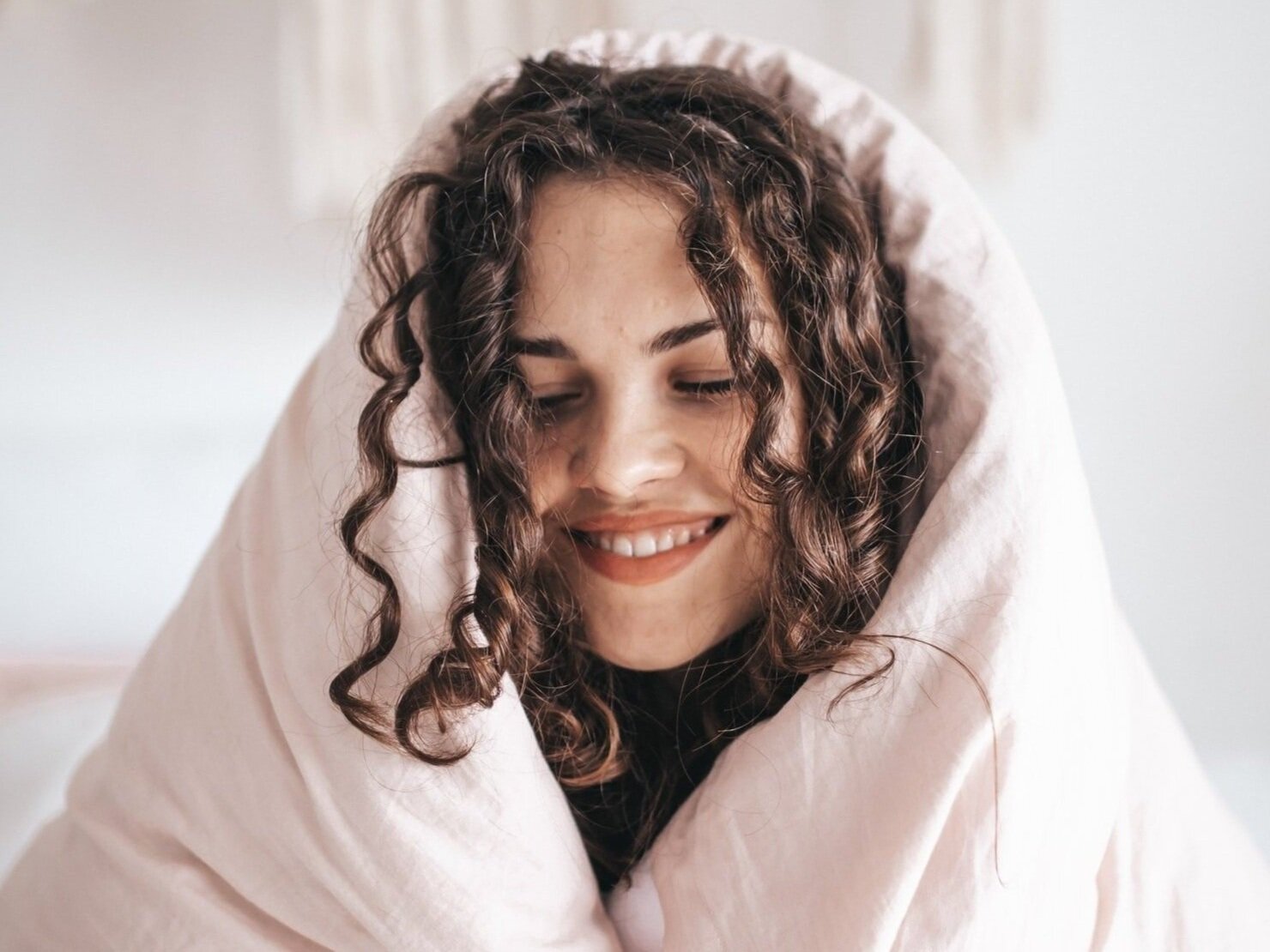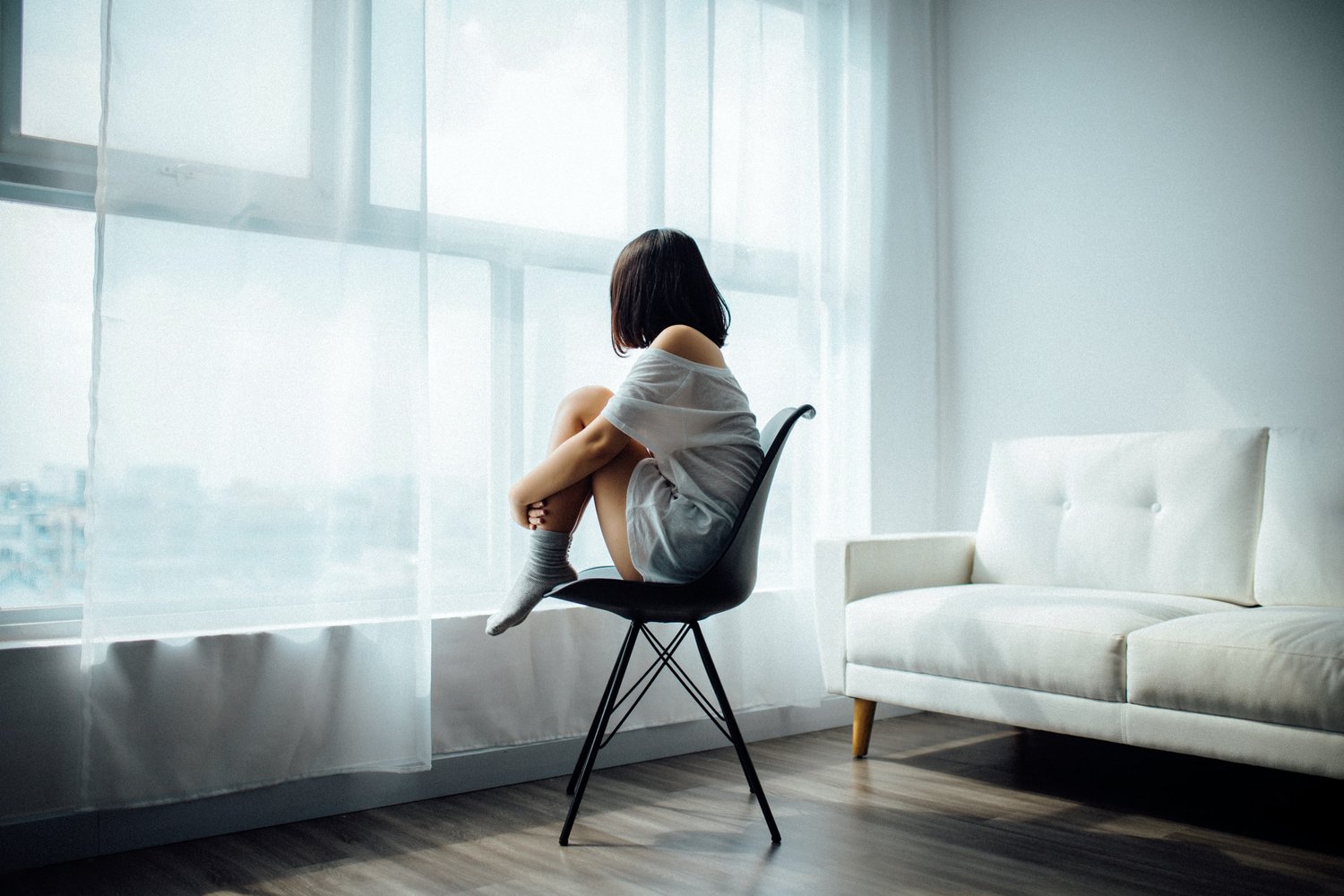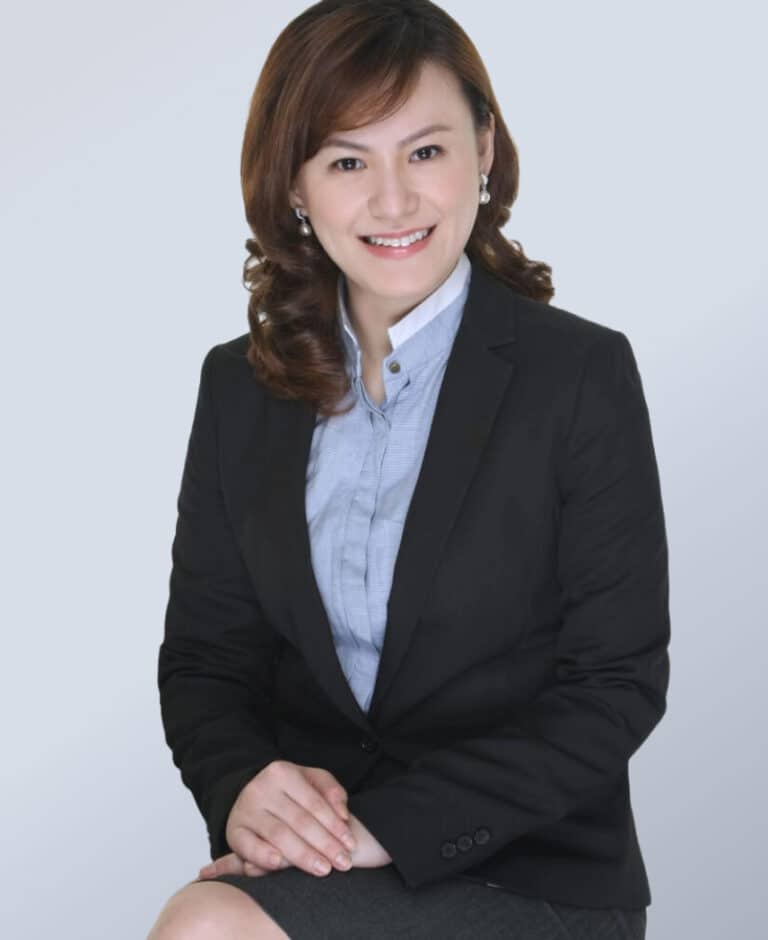The glass is half-full
When we are in the process of battling illness, we have two choices: we can either see the situation as the glass half-full or the glass half-empty. It is important to think that we are still living life, instead of just surviving through it. Living is riding the highs and lows, with the absolute commitment to look after ourselves. When Dr. Juliana was diagnosed with breast cancer, she chose to take control. There are many unfortunate side effects that come with cancer treatment that are new and shocking to our system. However, with Juliana’s professional medical background, she was able to develop solutions for her side effects, instead of just allowing them to tear her down.
The game plan to heal our skin
Many issues can happen to the skin during cancer treatment and persist after, such as inflammation, acne, redness, irritation, dryness, and sagginess due to collagen loss. Chemotherapy, other drugs and radiation therapy can cause the skin to be red, flaky, rough, dull, with fine lines, wrinkles, and enlarged pores.
The most common skin change that occurs from chemotherapy is dryness and irritation of the skin. Choosing the right daily skincare products that are pH friendly for your face and body is important. You can focus on cleansing products that are soap-free and do not strip your skin of its natural moisture. Dr Juliana chose to use a milk facial cleanser throughout her chemotherapy treatment. For the body make sure you moisturize daily. Emollients such as shea butter are a good option as they help to prevent natural water loss from your skin. For your face choose a cream rather than a lotion as these are better at managing dry skin. Stay away from products that have strong artificial fragrances as this can irritate the skin. Instead choose products that use natural scents or have gentle fragrances.
For some people acne formation from their medication can be very frustrating and affect self-esteem. Let your medical team know about this and they can prescribe either topical or oral medication to help control your acne. Even if skin is affected by acne, it is still very important to maintain hydration as overly dry skin can cause our oil glands to go into overdrive which can in turn worsen acne. It is often a misconception to turn to acne skincare products which can be too harsh and drying for the skin. Instead choose products that are gentle, hydrating, anti-inflammatory and non-comedogenic. It is advisable to manage acne even during your cancer treatment as they can prevent formation of acne scars on the skin. Dr. Juliana experienced acne on her back and scalp which she treated with topical antibiotics during her chemotherapy. Thereafter she used laser treatment as a stronger approach to clearing her acne.
Another important tip for managing skin during cancer treatment is to regularly apply a sunblock with a minimum SPF of 30. Going outdoors for some fresh air and exercise throughout the duration of your cancer treatment is very beneficial if you are feeling well enough to do so. However, try to avoid the times of the day when the sun is at its hottest to minimize pigmentation formation and sun damage to the skin. Throughout her chemotherapy Dr Juliana went for daily walks at the beach and park with her son and husband as this helped to manage some of the negative side effects of her treatment.
A healthy mind and body
Having to deal with a cancer diagnosis leads to a lot of stress and negative emotions which can take a toll on both the body and the mind. Having good support from friends, family and cancer support networks can help us to manage this. You can ask your medical team for referrals to these support networks. Dr Juliana reached out to the Breast Cancer Foundation group in Singapore where she was able to get in touch with other cancer survivors who provided much needed support and advice in navigating the uncertainties of cancer treatment.
Another wonderful way to deal with stress and negative side effects from cancer treatment is to stay active and fit within your means. Dr Juliana was a physically active person before her cancer diagnosis but during her treatment her energy levels dropped tremendously from her chemotherapy and appetite loss but she made it a point to keep her stamina going with daily walks. It took about a year after her chemotherapy had ended before she felt that her fitness levels had returned to what it was. Start slow and do not try to push yourself too hard, when you feel your body is ready you can gradually increase the intensity of your exercise.
Some people experience weight loss due to the loss of appetite and nausea from chemotherapy whilst others gain weight as a side effect of their medication. Whichever direction your body goes, the best way to manage it is through eating a well-balanced, clean and nutritious diet, staying hydrated and keeping active where possible. A lot of people find weight gain challenging to lose even after their active treatment has ended.
Dr Juliana felt that having a positive mindset was key in getting through cancer treatment and in the recovery thereafter. Focus on activities that keep you calm and grounded which in turn helps to clear and balance your mind. It could be spending time in nature, going cycling, enjoying a delicious meal, listening to music, meditation or even cuddling a pet. Sharing emotions with loved ones or penning them in a diary can also help.
Always strong, feminine and beautiful
For some, losing hair is one of the hardest parts when undergoing cancer treatment. It’s normal to feel angry, anxious, or low in confidence when watching our hair fall off. The best thing we can do is face and embrace it with grace and optimism. Consider shaving the hair off instead of waiting for it to fall off, then start wearing colorful headscarves, take oral hair growth supplements, or even find some clinical treatments that specialize in hair growth.
When it comes to female organ-related symptoms, such as vaginal dryness, urinary incontinence, decrease in sex drive, pain during sex. For that, specialized lasers that target the vaginal wall are now available to improve collagen thickness/tightness of the canal without causing any bleeding or injury.
How about Onco-Aesthetics?
Onco-Aesthetics is a new integrative approach to improve the quality of life for people living with cancer. These modified skincare treatments are performed by advanced trained therapists who are knowledgeable in caring for cancer patients’ already sensitized skin. To begin with, choose a doctor that is familiar with how cancer treatments can affect us and our treatment choices. It is recommended that we choose a safe space that focuses on cleanliness and infection control, as our immunity will be low and we may continue to be compromised even after the treatment has finished.
We deserve to feel our best
All of the above options of self-care can lessen the negative outlook of how cancer treatment can impact your appearance, overall mental and physical health. The journey for any cancer patient is a difficult one, but the road to recovery can be beautiful and empowering. It is all about perspective. We are here to rebuild and thrive, at the same time we learn so much about our bodies and how to treat them well no matter the circumstances. Here we send love to cancer survivors that share the same story. Let’s celebrate Life After Cancer!
Sources and references:
Healthline – 6 Things That Helped Me Feel Like Myself During Chemo
Provision Healthcare – Wellness for cancer patients: 4 keys to self-care
Related Blogs
Visit Us
Start your skin health restoration journey with us today!
Fusion Medical @ Wheelock
501 Orchard Rd #04-11, Singapore 238880
Mon-Fri :8:30am – 5:30pm
Sat :8:30am – 1:00pm
Sun / PH :Closed
Fusion Medical @ Fusionopolis
1 Fusionopolis Link, #01-05 Nexus
@ One-North , Singapore 138542
Mon-Fri :8:30am – 5:30pm
Sat/Sun / PH :Closed









